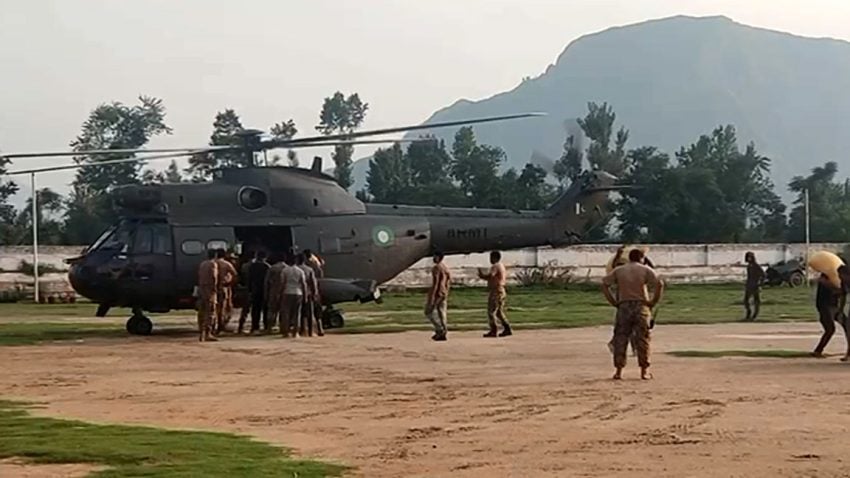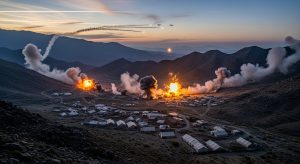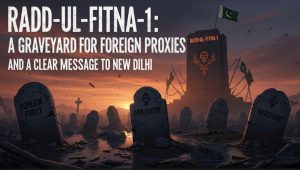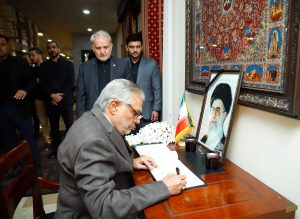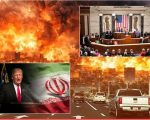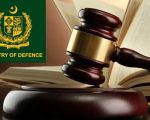In times of national crisis, when floodwaters wash away the structures of civilian life, one institution invariably stands firm. As Khyber Pakhtunkhwa grapples with the devastating floods of August 2025, it is, frankly, no surprise to see who is leading the charge on the ground. The Pakistan Army is once again the first, and often the only, beacon of hope for countless souls stranded by the deluge. This isn’t just a response; it’s a reflection of a deeper, more troubling reality about where true reliability lies in our nation.
Let’s be clear about what’s happening. As the waters surged through Swat, Buner, and Bajaur, it wasn’t the provincial disaster management authority that was first seen pulling people from rooftops. It was the soldiers. Army helicopters are crisscrossing the skies, not on drills, but on life-saving missions, dropping tonnes of rations and airlifting the desperate to safety. Their specialised Urban Search and Rescue teams, equipped with tools the local administration can only dream of, are navigating the debris fields, while their engineers are already working to stitch the province back together by repairing vital bridges.
And then there is the matter of personal sacrifice, a concept that seems to have been lost in the corridors of political power. The army has not only deployed its might but has also opened its heart. Every soldier, from the highest-ranking general to the newest recruit, has donated a day’s salary. They have given over 600 tonnes of their rations. To my mind, this goes far beyond duty. It is an act of profound national solidarity, a gesture that says, “Your suffering is our suffering.” It is a powerful statement from those in uniform who serve without the need for votes or fanfare.
This brings us to the uncomfortable truth that this crisis has laid bare. The PTI-led government in Khyber Pakhtunkhwa, despite years in power, appears to have been caught woefully unprepared. One has to ask: where was the provincial plan? After countless floods in the region’s history, where were the early warning systems, the pre-positioned relief goods, the locally trained rescue teams? It seems to me that the provincial administration has developed a dependency, assuming that when things get truly dire, the army will step in. And they are not wrong. The army always does.
But this reliance reveals a glaring vacuum in governance. An effective government is supposed to be proactive, to build resilient systems and prepare its people. Instead, we see a reactive scramble that leans almost entirely on the military and federal agencies. While the men in uniform risk their lives, political blame games begin, a sad spectacle that does nothing to comfort a family huddling on a dry patch of land. This isn’t just about a single natural disaster; it’s about a pattern of neglect. It’s a failure to build a self-sufficient system of disaster response, leaving ordinary people to pay the ultimate price for political inefficiency.
So, as we rightly applaud the heroism and dedication of our armed forces, we must also demand more from our elected leaders. The army’s role, as vital as it is, should be that of a final backstop, not the primary responder. Their consistent, unwavering presence in every crisis is a testament to their character. Still, it is also a damning indictment of a political system that has failed its most basic duty: to protect its citizens. My opinion is that until that changes, we will find ourselves in this same cycle again and again: disaster, despair, and the reassuring but tragic necessity of boots on the ground.

